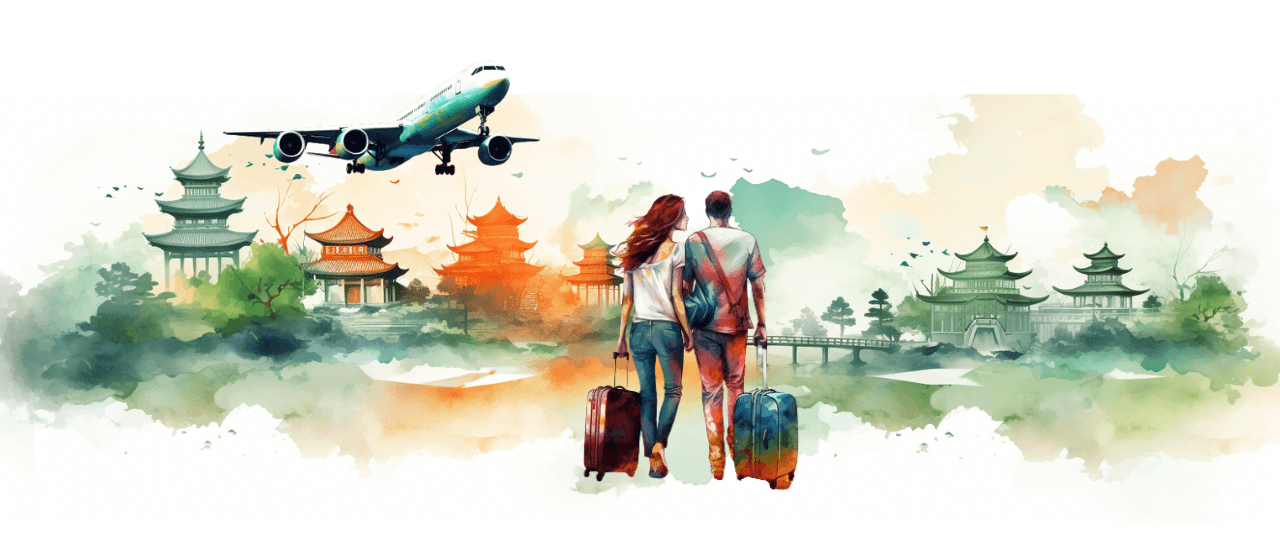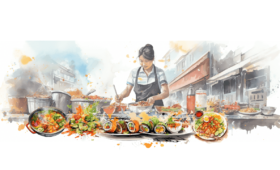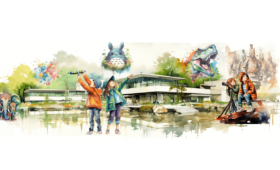Traveling to Asia offers rich cultures, landscapes, and experiences. However, this diversity also brings a variety of health and medical precautions that travelers must prepare for. The importance of health and medical precautions cannot be overstated, as they are vital in ensuring a safe and enjoyable journey. With its wide-ranging climates, from Southeast Asia’s tropical humidity to East Asia’s temperate zones, Asia presents unique health challenges. Additionally, varying cultural practices and hygiene standards can significantly impact a traveler’s health.
General Health and Medical Precautions
Vaccinations: Recommended Vaccines for Travelers to Asia
Routine Vaccinations: Ensure that all standard vaccinations such as measles-mumps-rubella (MMR), diphtheria-tetanus-pertussis, varicella (chickenpox), polio, and your annual flu shot are up to date for both adults and children.

Hepatitis A: Highly recommended due to the risk of contaminated food or water, regardless of where you stay in Asia.
Hepatitis B: Advised for those who might have blood or sexual contact with locals or require medical treatment during their stay.
Typhoid: This is especially important for children, as they are more exposed to contaminated food and water.
Japanese Encephalitis: Consider this vaccine if you plan to visit rural areas or spend a lot of time outdoors, particularly in countries where the disease is common.
Rabies: Consider children due to their tendency to play with animals and the risk of animal bites in many Asian countries.
Travel Insurance: The Necessity of Comprehensive Travel Health Insurance
Medical Coverage: Ensure that your travel insurance covers emergency medical treatment and evacuation, which can be crucial in regions with limited medical facilities.
Coverage for Children: Verify that children are included in your policy and understand the terms, especially for high-risk activities.
Pre-existing Conditions: Disclose any pre-existing medical conditions to ensure full coverage.

Personal Hygiene
Hand Washing: Regular hand washing with soap or hand sanitizer is crucial to prevent the spread of germs, especially before and after using the bathroom.
Safe Eating Practices: Avoid street food that might not meet hygiene standards. Prefer cooked foods and peelable fruits to reduce the risk of foodborne illnesses.
Water Safety
Drink only bottled or boiled water. Avoid ice cubes unless they are made from purified water.
Prevent Contamination: Teach children not to touch their mouths or eyes with unclean hands.
These precautions are essential for safeguarding your family’s health during your travels in Asia. Children are more susceptible to certain health risks, so extra care is necessary.
Region-Specific Health Risks
Southeast Asia: Dengue Fever, Malaria, and Food & Water-Borne Diseases
Dengue Fever is common in many Southeast Asian countries. Prevent mosquito bites through repellents, mosquito nets, and wearing long sleeves and pants.
Malaria: Risk in rural and forested areas. Use prophylactic medication, if advised, and mosquito prevention strategies.
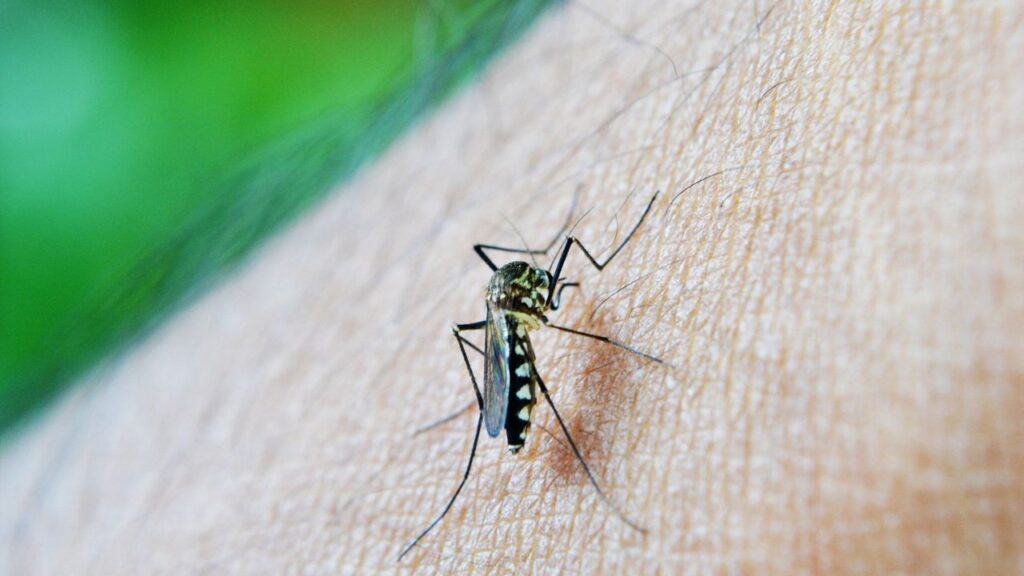
Food and Water Safety: Avoid street food, drink only bottled or boiled water, and be cautious with raw or undercooked food to prevent illnesses like diarrhea.
East Asia: Air Pollution and Seasonal Influenza
Air Pollution: Urban areas have high air pollution levels. Limit outdoor activities when high pollution levels and consider masks that filter out pollutants.
Seasonal Influenza: Common, especially in crowded cities. Consider getting a flu vaccine before traveling and practicing good hygiene.
South Asia: Hepatitis, Typhoid, and Rabies
Hepatitis A and E: Transmitted through contaminated food and water. Follow strict food and water hygiene practices.
Typhoid: Vaccination is recommended as typhoid fever is common, especially in children.
Rabies: Risk from stray dogs and other animals. Avoid animal contact and consider rabies vaccination for extended stays or rural travel.
Central Asia: Environmental Health Risks and Medical Facilities
Environmental Risks: Includes waterborne diseases and potential for tick-borne illnesses in rural areas. Ensure safe drinking water and tick prevention measures.
Medical Facilities: Often limited, especially in remote areas. Carry a well-stocked first-aid kit and ensure you have comprehensive travel health insurance.
Extra precautions are necessary when traveling with children in these regions due to their increased vulnerability to environmental and health risks. Always prioritize safe food and water consumption, mosquito bite prevention, and be prepared for varying levels of healthcare availability.
Food and Water Safety
Guidelines for Safe Eating and Drinking Practices
Eat Cooked Food: Prefer foods that are cooked and served hot. The heat helps kill germs and parasites.
Avoid Raw Foods: This includes salads, uncooked fruits, and vegetables unless you can peel them yourself.

Street Food Caution: Be cautious with street food. Look for stalls with high turnover, indicating freshness, and watch the food being cooked.
Hygienic Practices: Ensure that the food establishment looks clean and observe if the staff are following hygienic practices.
Foods to Avoid and Safer Alternatives
Avoid Raw or undercooked meat and fish, unpasteurized dairy products, and buffets where food is left out for long periods.
Safer Alternatives: Cooked vegetarian dishes, freshly cooked meat and fish, packaged snacks from reputable brands, and pasteurized dairy products.
Additional Tips
Beverage Safety: Prefer packaged or sealed beverages. Be cautious with fresh juices as they may be mixed with unfiltered water.
Infants and Young Children: Extra care should be taken with baby formulas and food. Use purified or bottled water for preparing baby food.
By following these food and water safety guidelines, travelers in Asia can significantly reduce their risk of gastrointestinal and other water-borne illnesses. This is especially important for those traveling with children, who are more susceptible to these risks.
Preventing Insect-Borne Diseases
Preventative Measures Against Mosquitoes and Other Insect Bites
Use Insect Repellent: Apply repellent containing DEET, picaridin, or lemon eucalyptus oil on exposed skin.
Wear Protective Clothing: Long-sleeved shirts, long pants, and hats can help prevent bites. Clothing treated with permethrin offers extra protection.
Use Mosquito Nets: Sleeping under a mosquito net, especially one treated with insecticide, is essential in areas with high mosquito populations.
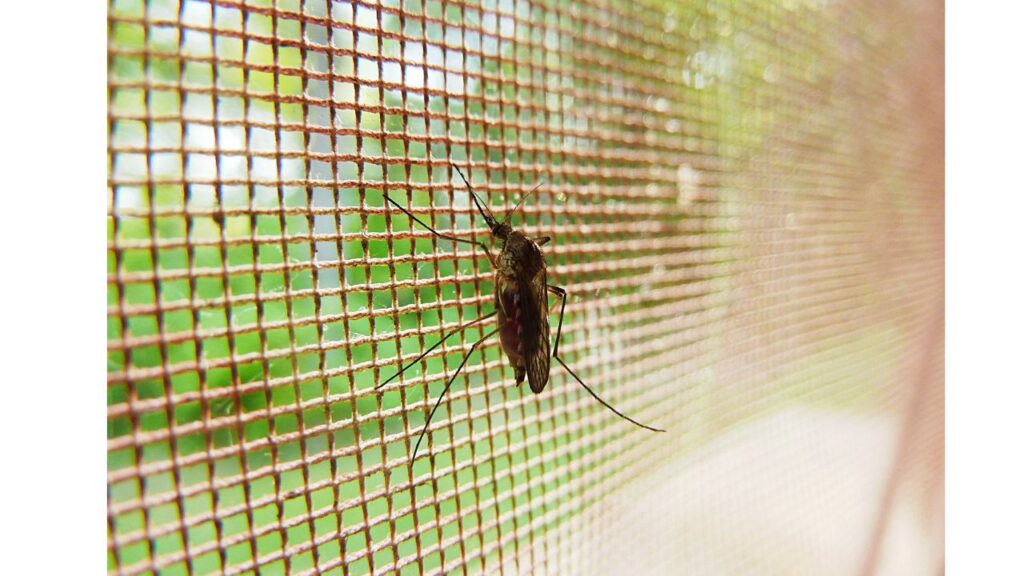
Avoid Peak Mosquito Hours: Mosquitoes are most active at dawn and dusk. Minimize outdoor activities during these times.
Stay in Air-Conditioned or Screened Areas: Reduces the likelihood of mosquito entry and bites.
Malaria Prevention and Relevant Medications
Prophylactic Medication: Consult a healthcare provider to prescribe antimalarial drugs suitable for your destination and individual health needs.
Antimalarial Drugs: Common options include atovaquone-proguanil, doxycycline, and mefloquine. Each has different guidelines and side effects, so professional medical advice is crucial.
Duration of Medication: It’s essential to start taking the medication before entering a malaria-endemic area, continue during the stay, and for a prescribed period after leaving the area.
Avoiding Bites: Since no antimalarial drug is 100% effective, preventing bites remains essential.
Additional Tips for Preventing Insect-Borne Diseases
Be Aware of Peak Seasons: Some diseases, like dengue fever, might have peak seasons in certain regions.
Remove Standing Water: This helps reduce mosquito breeding sites near accommodations.
Use Insect Repellent on Children Safely: Choose a child-friendly formula and apply it for them, avoiding their hands, eyes, and mouth.
Stay Informed: Keep updated on outbreaks of insect-borne diseases in the area you are traveling to.
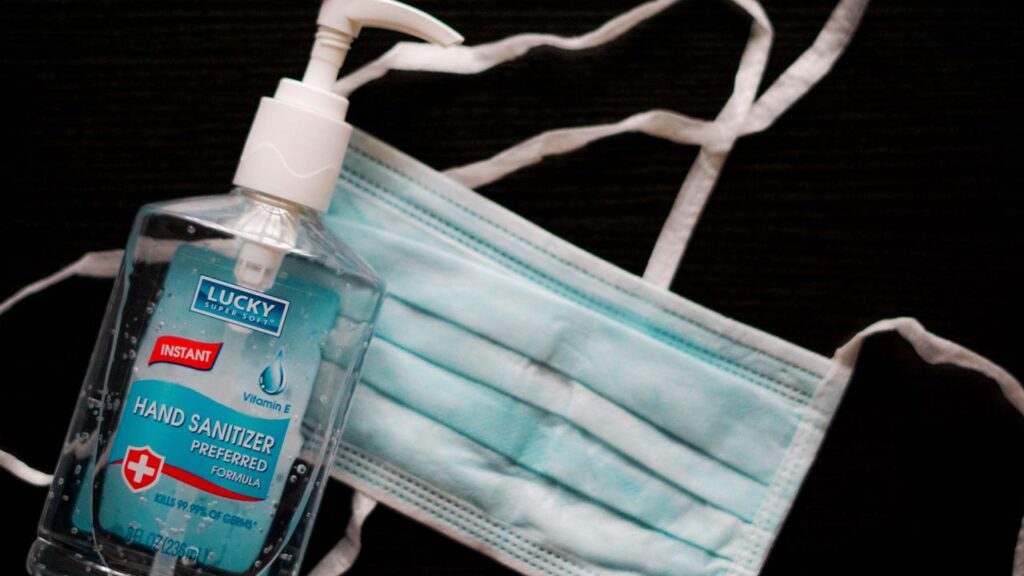
By taking these preventative measures, travelers can significantly reduce their risk of contracting diseases like malaria, dengue fever, and Zika, transmitted by mosquitoes and other insects. This is particularly important when traveling with children, as they may be more vulnerable to severe effects from these diseases.
Accessing Medical Care in Asia
Overview of Medical Facilities in Urban and Rural Areas
Urban Areas: Generally have better medical facilities, with some offering state-of-the-art equipment and services. Hospitals in major cities often have staff who are trained internationally.
Rural Areas: Medical facilities can be limited or basic. Access to healthcare can be a significant challenge in remote areas, with limited resources and few specialized services.
Tips for Finding English-speaking Doctors and International Clinics
Research Before Traveling: Look up hospitals and clinics with English-speaking staff in the areas you’ll be visiting. Travel guides and online expat forums can be useful resources.
Use Embassy Resources: Many embassies provide lists of local medical facilities and English-speaking doctors.
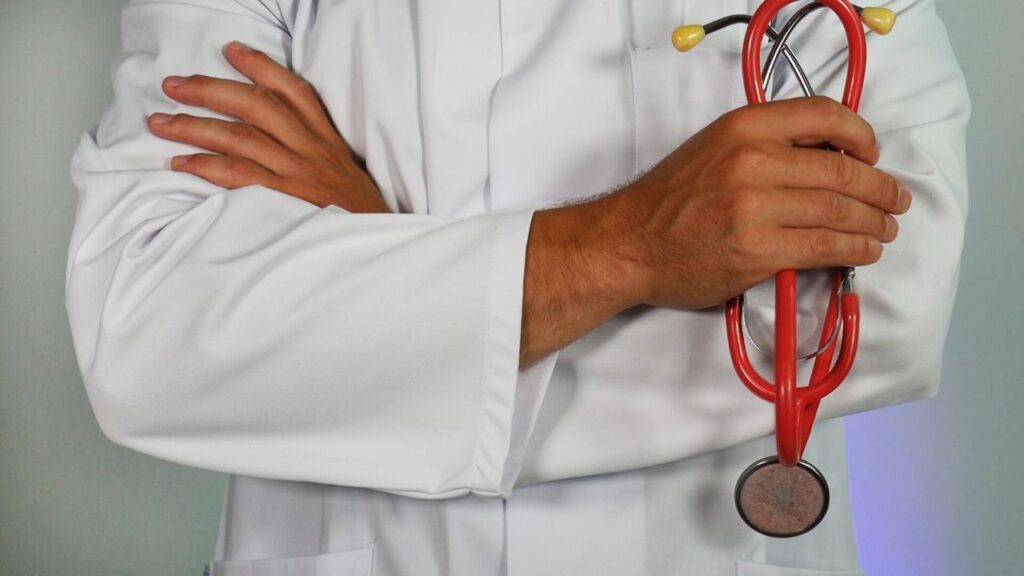
Travel Insurance Assistance: Contact your travel insurance company for recommendations; they often have lists of approved medical providers in various regions.
Hotel Concierge Services: Hotels, especially international chains, can usually recommend nearby medical facilities with English-speaking staff.
Emergency Procedures and Contact Information for Embassies
Know the Local Emergency Numbers: Familiarize yourself with the local emergency contact numbers for police, fire, and ambulance services.
Embassy Contact: Have the contact information for your country’s embassy or consulate handy. They can assist in emergencies, including medical issues.
Carry Important Health Information: Keep a card or a digital copy of important health information, including blood type, allergies, and any existing medical conditions.
Travel Insurance Contacts: Keep your travel insurance details accessible, including the emergency contact number and policy number.
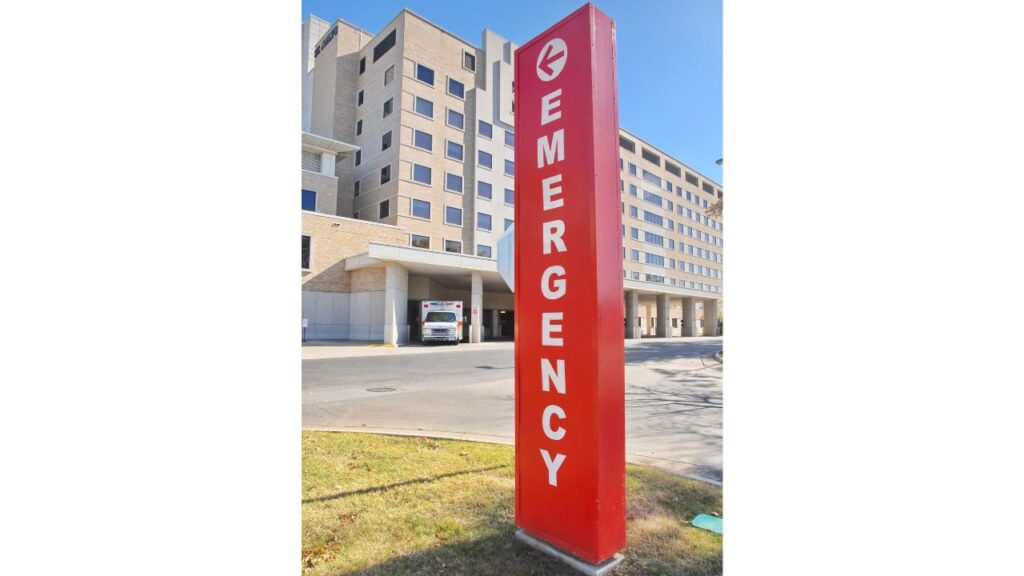
By understanding the landscape of medical care in Asia and preparing for potential health issues, travelers can ensure they have access to necessary medical support during their trip. This preparation is particularly important for those traveling with children or those with specific health needs.
Cultural Considerations and Health
Understanding Cultural Practices That Might Impact Health
Public Sanitation: Standards of cleanliness and public sanitation vary greatly across Asia. In some areas, particularly rural or less developed regions, sanitation facilities may be lacking, increasing the risk of health issues.
Local Customs Related to Food and Drink: Asian cuisines are diverse, and some may include raw or undercooked foods or use water of uncertain purity. While a significant part of local culture, street food may not always meet hygiene standards.
Respectful Adherence to Local Customs While Maintaining Health Standards
Educate Your Family: Teach children about different cultural practices and how they might differ from what they are used to, especially in terms of food and hygiene.
Balancing Engagement and Safety: Participate in local customs and try local foods, but do so cautiously. Opt for cooked dishes and restaurants with high hygiene standards.
Hygiene Practices: Carry hand sanitizer and use it frequently, especially before eating, and teach children to do the same.
Respectful Declining: If offered food or drink that may be risky (like tap water or raw food), politely decline. Learning a polite phrase in the local language for this purpose can be helpful.
Use Safe Alternatives: You can still experience local flavors by choosing safer alternatives, such as peeled fruits, bottled beverages, and thoroughly cooked meals.
When traveling with families, especially with children, it’s important to balance experiencing new cultures and ensuring the health and safety of your family. Being informed and cautious
Preparing a Health Kit
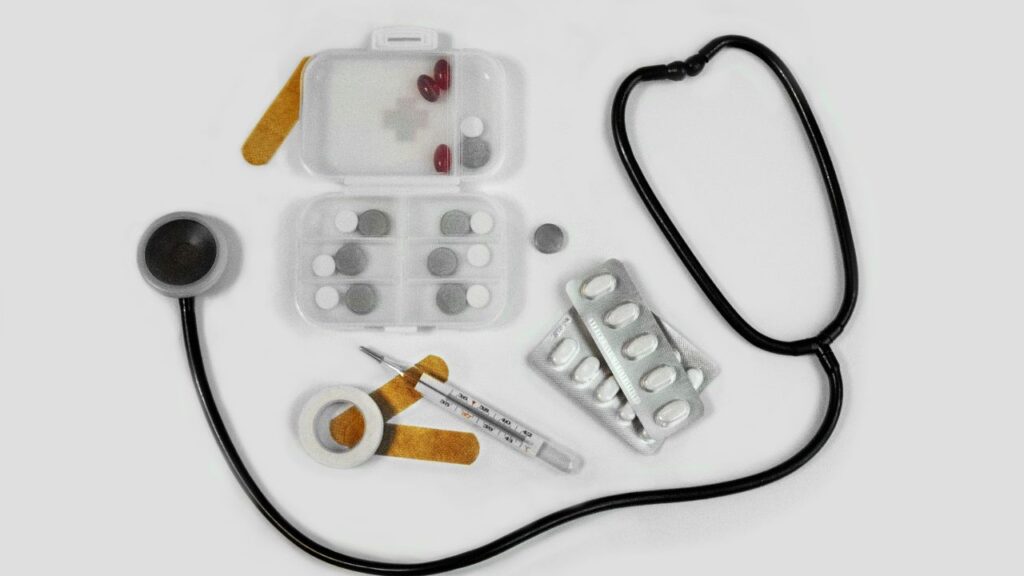
Essential Items to Include
First Aid Supplies: Band-aids, antiseptic wipes, gauze, adhesive tape, and scissors.
Insect Repellent: Containing DEET, picaridin, or oil of lemon eucalyptus.
Sun Protection: Sunscreen with high SPF, sun hats, and UV-protection sunglasses.
Hand Sanitizer and Wet Wipes: For situations where hand washing isn’t possible.
Rehydration Salts: Useful for dehydration caused by diarrhea or excessive sweating.
Mosquito Net: Treated with insecticide if sleeping in areas with high mosquito prevalence.
Recommendations for Prescription and Over-the-Counter Medications
Prescription Medications: Bring enough of your regular prescription medications for the entire trip, plus a little extra in case of delays. Carry copies of your prescriptions and a letter from your doctor.
Pain and Fever Relievers: Such as acetaminophen or ibuprofen.
Allergy Medications: Antihistamines, especially if you have known allergies.
Motion Sickness Medication: If you or your family are prone to motion sickness.
Diarrhea Medication: Anti-diarrheal medication (like loperamide) and a course of antibiotics prescribed by your doctor for severe cases.
Altitude Sickness Medication: If traveling to high-altitude areas in Asia.

Additional Tips
Check Regulations: Some legal medications in your country may be prohibited in certain Asian countries. Check the regulations beforehand.
Storage of Medications: Store medicines in their original containers, clearly labeled, and keep them in a cool, dry place.
Carry-in Luggage: Keep your health kit in your carry-on luggage to ensure you have it with you during the flight and in case your checked luggage gets lost.
Having a well-prepared health kit can be invaluable during your travels in Asia, especially when traveling with family, as it ensures you’re equipped to handle minor health issues promptly.
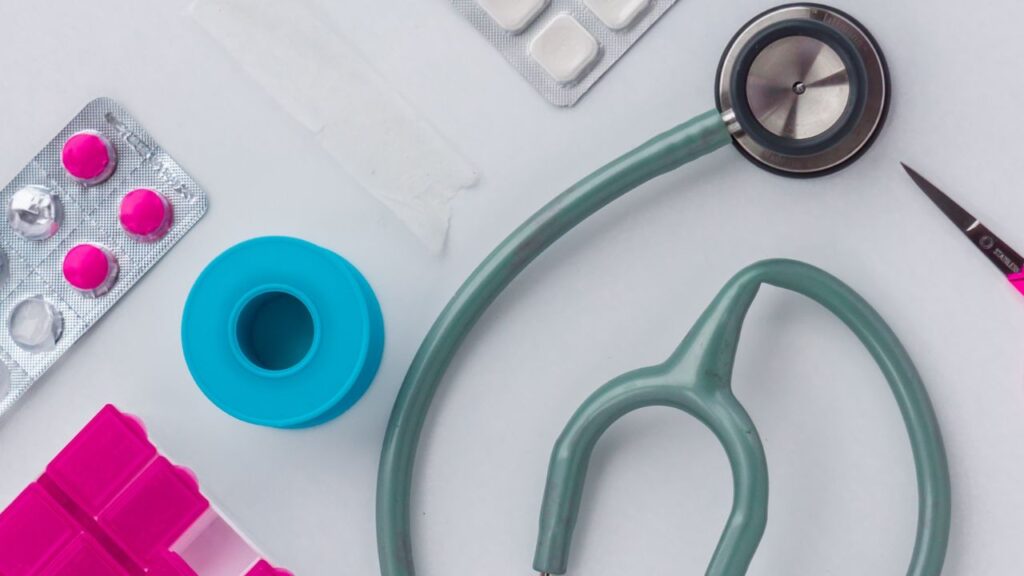
As you embark on your journey across the diverse and vibrant landscapes of Asia, it’s crucial to prioritize health and medical precautions. This comprehensive guide has covered everything from necessary vaccinations and the importance of travel insurance to region-specific health risks and the essentials of food and water safety. Insect-borne diseases, often overlooked, demand particular attention, and understanding how to access medical care, regardless of your location, is vital for a worry-free experience. Equally important is respecting and adapting to the cultural nuances that impact health while maintaining international standards of hygiene. Finally, a well-stocked health kit tailored to your family’s needs can make all the difference in handling unexpected health issues. By taking these precautions and staying informed, you and your family can fully enjoy Asia’s rich experiences, keeping safety and health at the forefront of your adventure. Also, you can read here about the Top 13 Outdoor Family Activities in Asia.

